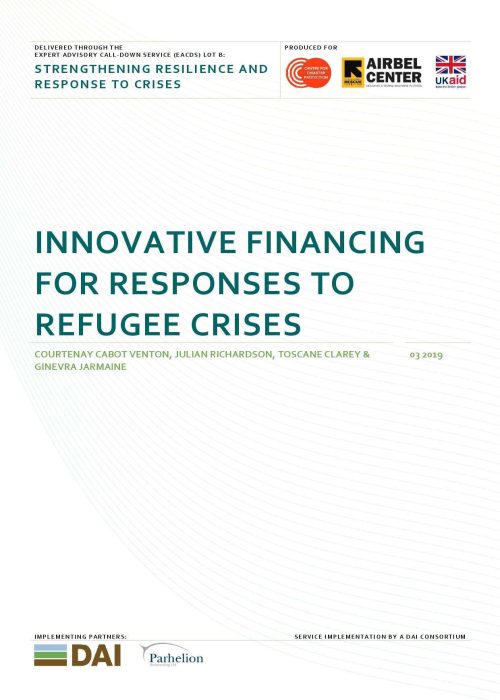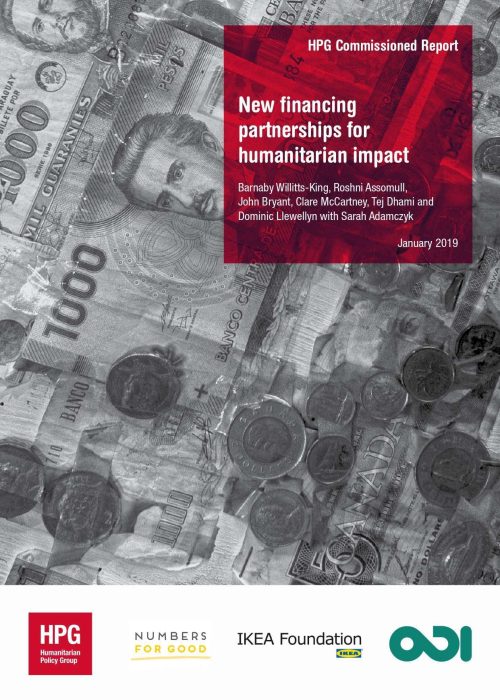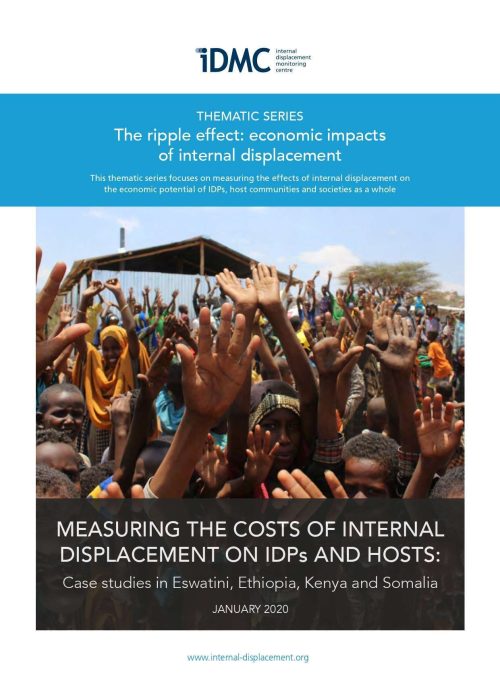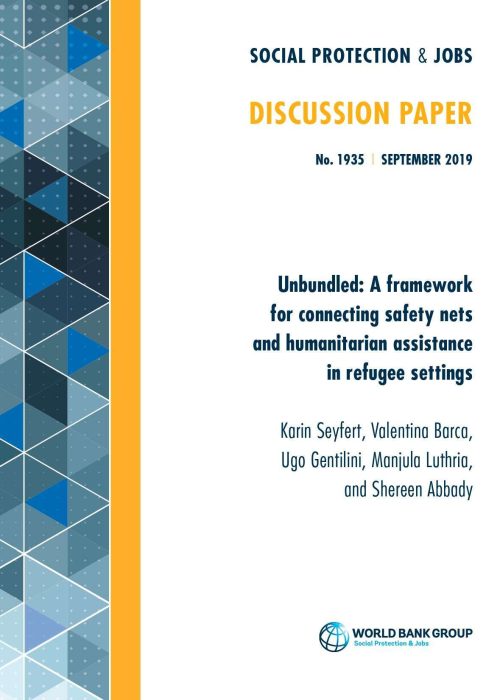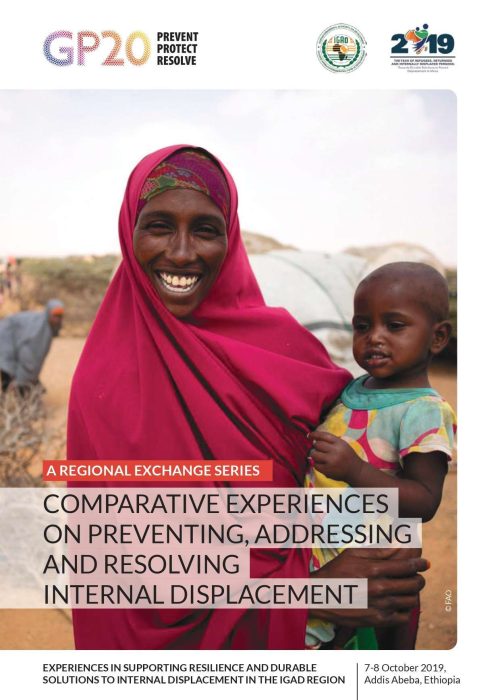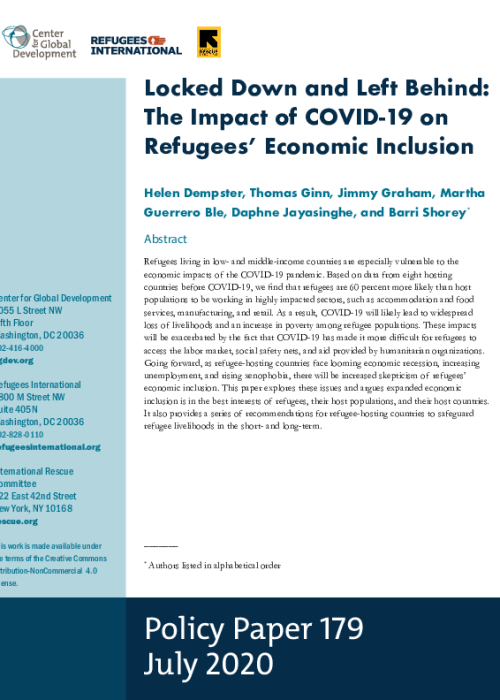This policy brief focuses on the issue of protracted refugee situations (PRS) and the international response to this complex and challenging problem. It begins by discussing the nature and scope of PRS, highlighting that nearly two-thirds of the world’s refugees are in situations of seemingly unending exile. The average length of stay in these situations is now approaching 20 years. The brief also acknowledges that these statistics do not include all PRS populations, such as urban refugees and smaller residual displaced populations.
The causes of PRS are explored, with a focus on political impasses in the country of origin and inadequate responses from both the country of origin and the country of asylum. The consequences of PRS are discussed, particularly in terms of human rights and security concerns. The brief emphasizes the failure to adequately protect the rights of refugees in prolonged exile and the negative impact this has on their well-being. It also highlights the security implications of PRS, such as regional conflicts and tensions between refugees and host communities.
The brief then examines past responses to PRS, including successful initiatives such as comprehensive plans of action for the Indochinese boat people and Central American refugees. These initiatives were characterized by comprehensive, cooperative, and collaborative approaches that involved multiple actors and sought to address all possible solutions for refugees. However, the brief notes that many PRS remain unresolved, particularly in the case of Palestinian and Sahrawi refugees.
The brief highlights the growing international interest in PRS and the adoption of an Executive Committee Conclusion on the issue by the UNHCR in 2009. It discusses the process leading to this conclusion and the challenges faced in achieving international agreement on the text. The brief identifies key lessons from this process, including the need for a broader range of actors to be engaged in responding to PRS and the recognition that humanitarian actors alone cannot find solutions.
In terms of recommendations, the brief emphasizes the importance of addressing the root causes of refugee movements and the need for sustained engagement from political, security, and development actors. It also calls for a shift towards approaches that promote self-reliance and livelihoods for refugees, while respecting the sovereignty of host countries. The brief concludes by stressing the need for continued research and policy development on PRS and the importance of international cooperation in addressing this global challenge.

